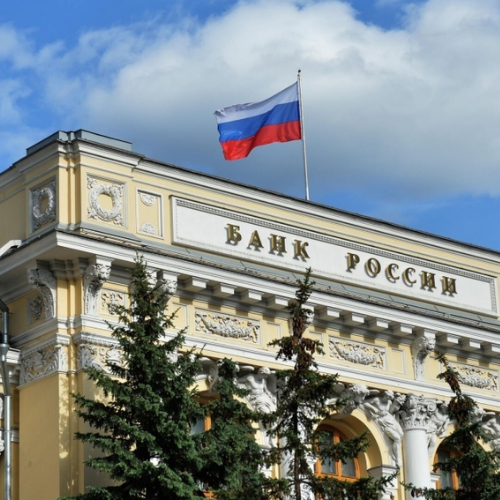Since last October, Russia’s central bank, led by Governor Elvira Nabiullina, has kept its key interest rate very high at 21%. This rate makes borrowing money expensive for businesses and consumers. The main goal was to slow down inflation, which had soared above 10% late last year—much higher than the bank’s 4% target. Thanks to this policy, inflation has dropped to about 6.2% by April, but it is still above the desired level.
High Interest Rates Weigh on Businesses
Many businesses, especially those outside the military sector, are struggling under these high borrowing costs. For example, Severstal, one of Russia’s largest steelmakers, reported losing a huge amount of money in the first quarter of this year. The company had to rely on its cash reserves because loans were too costly. Severstal said that lowering the interest rate to about 15% would be necessary to ease conditions and support investment.
The high costs are also forcing dozens of major companies to cancel dividend payments planned for 2024. Meanwhile, production of civilian goods has fallen to its lowest level since April last year, signaling a slowdown in the non-military part of the economy.
Bipartisan Blitz! U.S. Senators Demand 500% Tariff to Cripple Russia’s War Machine
Inflation Falls but Risks Remain
Elvira Nabiullina’s tough interest rate policy helped bring inflation down from over 10% to around 6%. Part of this decline is thanks to a stronger Russian ruble, which helps reduce the cost of imported goods. However, economists warn this drop might not be stable.
Nabiullina now faces a difficult balancing act. If the central bank keeps the rate at 21%, it risks pushing the economy into a recession, meaning businesses could shrink and jobs could be lost. But if the rate is cut too soon, inflation could rise again, hurting people by making everyday goods more expensive.
You may also like to check the video on the Russian Economy and Sanctions
To ease some of the pressure, the central bank recently recommended that lenders restructure loans for struggling borrowers and temporarily lowered reserve requirements on these restructured credits. These steps aim to help businesses without immediately lowering the interest rate.
Economic Strain Grows Amid War and Sanctions
Russia’s economic troubles are linked to ongoing war and international sanctions. Oil and gas exports, a major source of government revenue, are earning less due to falling global prices and a stronger ruble. As a result, Finance Minister Anton Siluanov has already revised Russia’s budget forecasts and raised the fiscal deficit target—meaning the government expects to spend more than it earns this year.
While military-related industries remain relatively stable, civilian sectors are feeling the squeeze. Many industrial companies are cutting investments, and the production of non-military goods is shrinking. This broader slowdown is causing growing concern among officials.
Russia Delivers Pantsir-S1 to North Korea Evading Sanctions—UN Rules Shattered as New Axis Emerges
